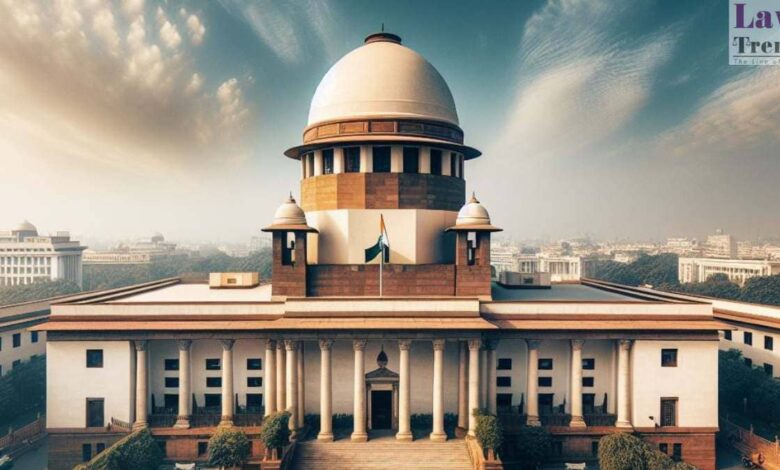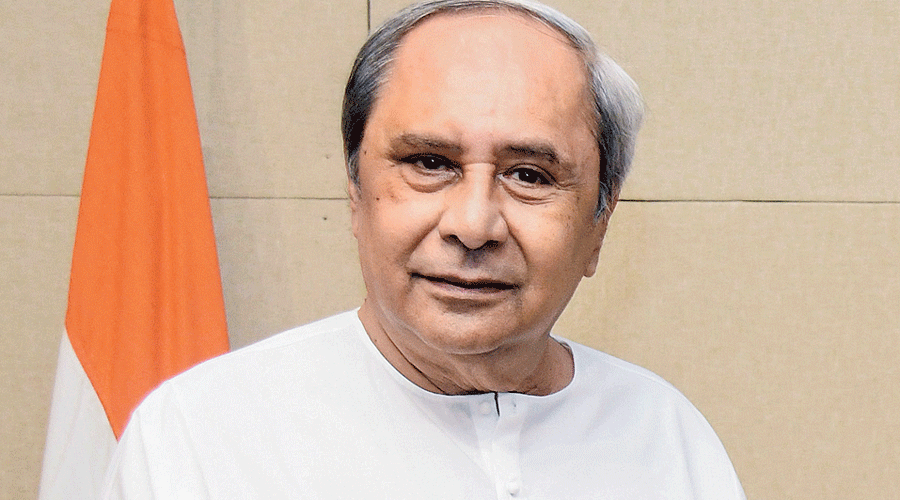
A five-judge constitutional bench of the Supreme Court delivered a significant ruling on Thursday, affirming that the rules governing the selection of candidates for public service positions cannot be altered once the recruitment process has commenced or completed. The court emphasized that transparency and non-discrimination are essential principles in public recruitment.
The bench clarified that the “rules of the game” must remain consistent throughout the selection process for government jobs unless explicitly allowed by the existing regulations. This decision arose from legal inquiries regarding whether authorities could modify appointment criteria after beginning the selection process.
In its judgment, the Supreme Court upheld a previous ruling from the case of K. Manjusree vs. State of Andhra Pradesh (2008), which established that recruitment rules cannot be changed midway through the selection process. The bench reiterated that this precedent remains valid and should not be deemed incorrect.
The court stated that the recruitment process begins with the advertisement calling for applications and concludes with filling vacancies. It ruled that eligibility criteria cannot be altered mid-process unless existing rules specifically allow such changes.
Furthermore, the court reinforced that recruitment rules must adhere to Articles 14 (right to equality) and 16 (prohibition of discrimination in public employment) of the Constitution, ensuring that they are not arbitrary.
Key conclusions from the Supreme Court’s ruling include:
- The recruitment process starts with the issuance of an advertisement and ends with the filling of vacancies.
- Eligibility criteria established at the recruitment’s outset cannot be modified midway unless permitted by existing rules or the advertisement, which must also comply with Article 14.
- The K. Manjusree ruling is valid and does not conflict with the Subash Chander Marwaha case, as they address different aspects of recruitment rights.
- Recruiting bodies may develop appropriate procedures to conclude the recruitment process, provided these procedures are transparent and non-discriminatory.
- Existing rules with statutory authority regarding procedure and eligibility are binding on recruiting bodies. In the absence of such rules, administrative instructions may fill any gaps.
- Placement on the select list does not guarantee an appointment. While the state may choose not to fill vacancies for legitimate reasons, it cannot arbitrarily deny appointments to candidates within the select list if vacancies exist.
This ruling underscores the importance of maintaining integrity in public recruitment and ensuring fairness and accountability.



